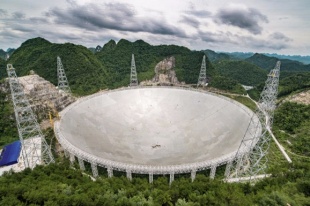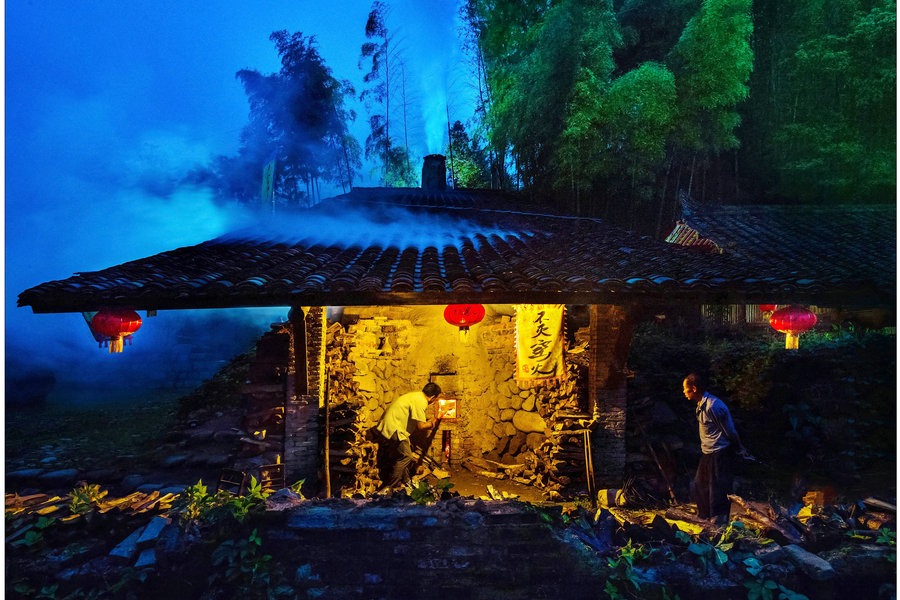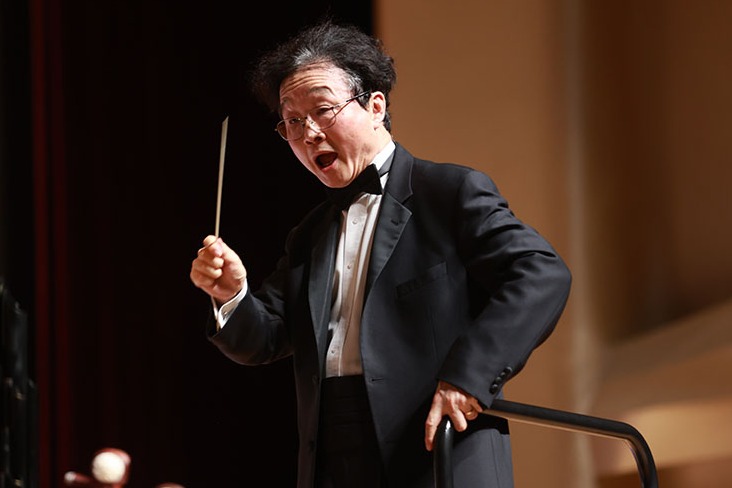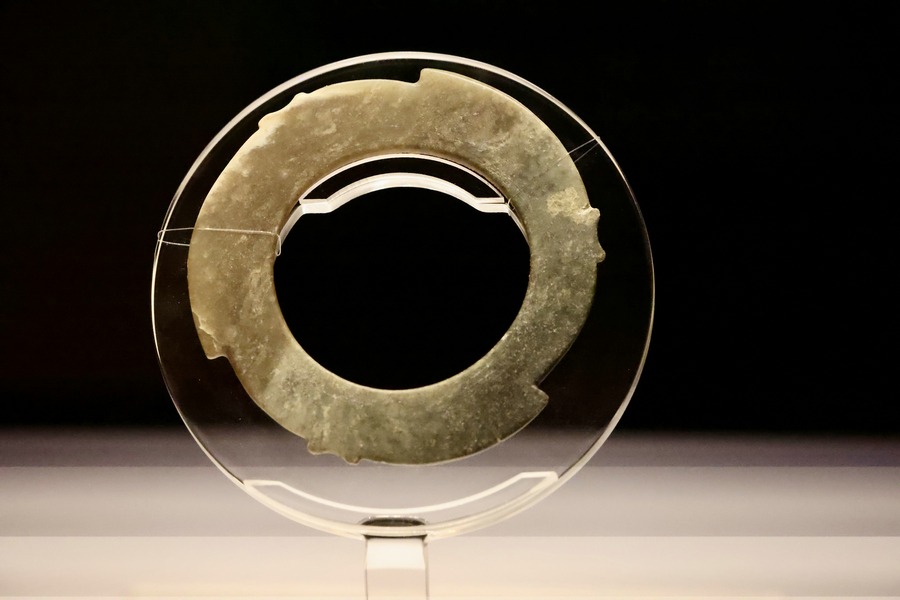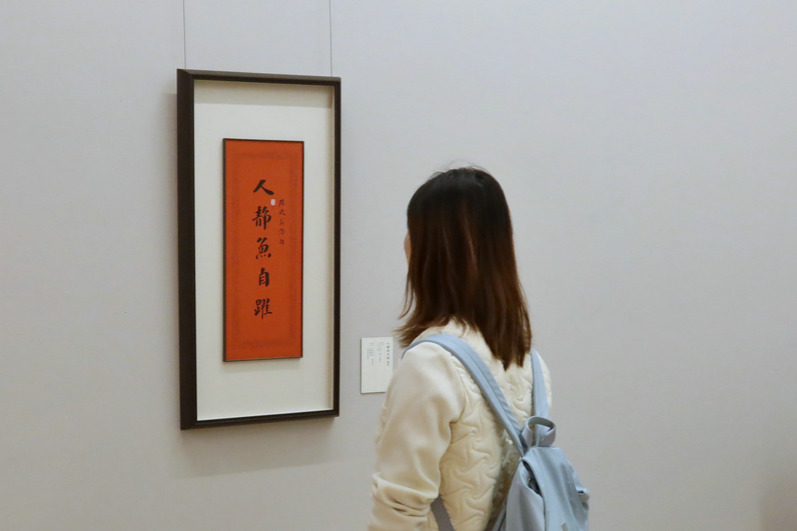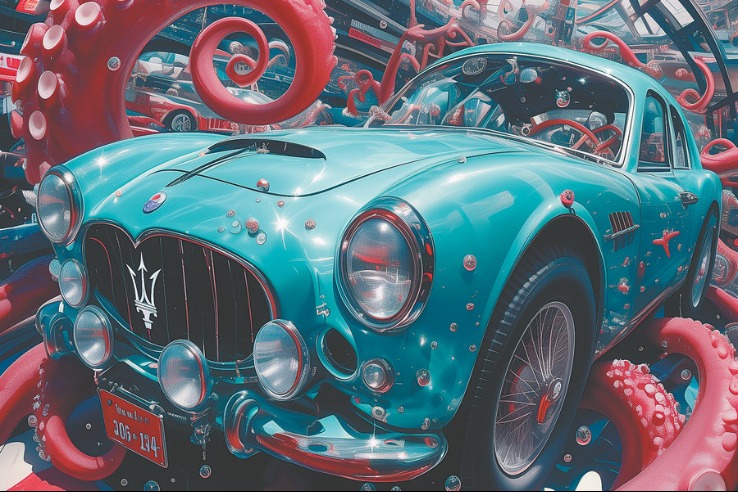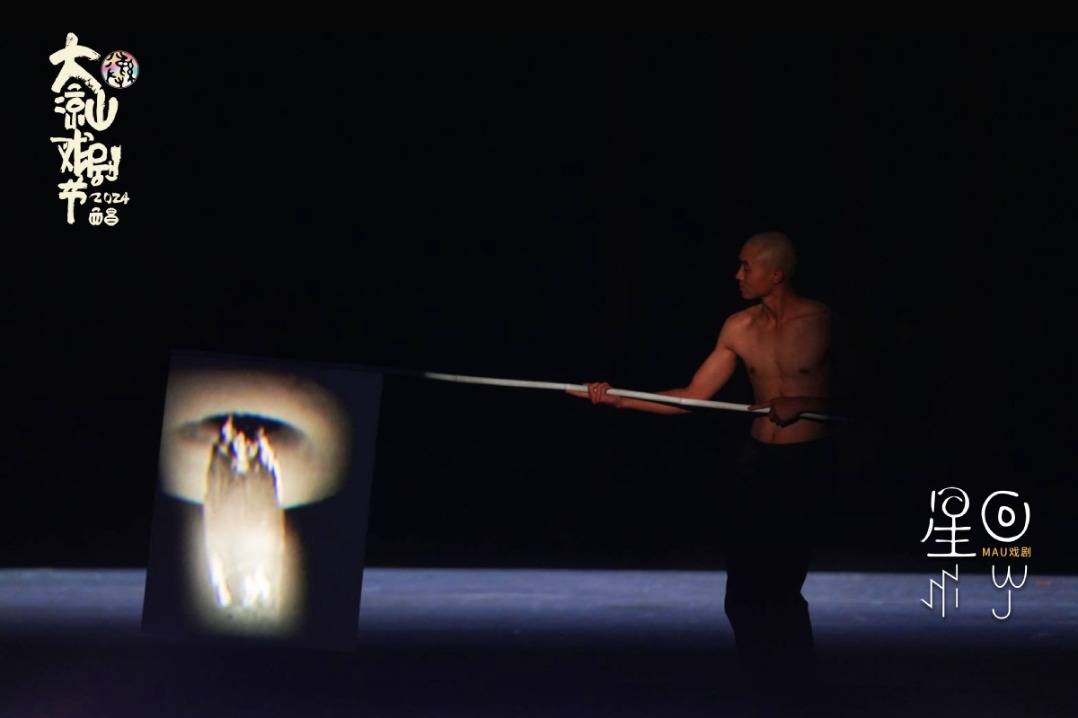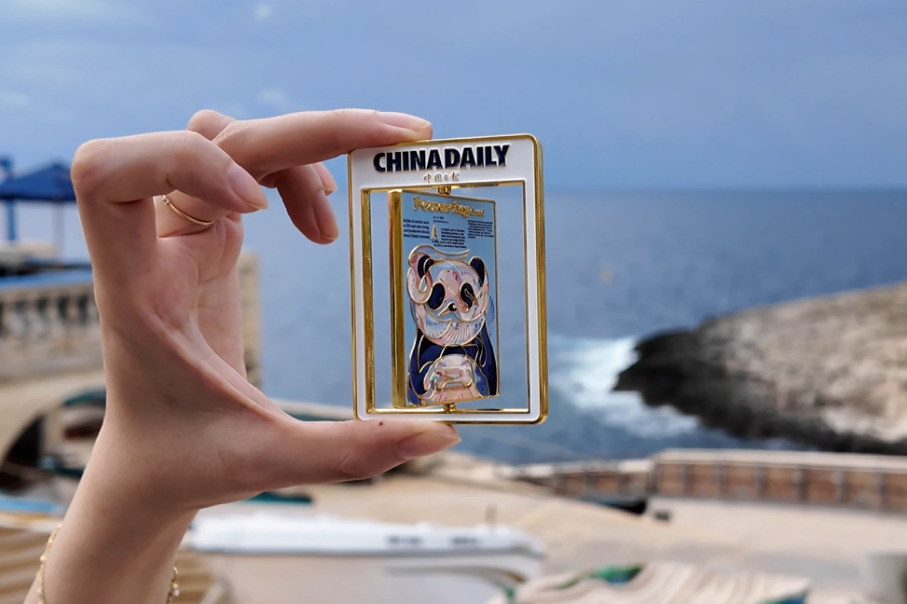Recording the changes

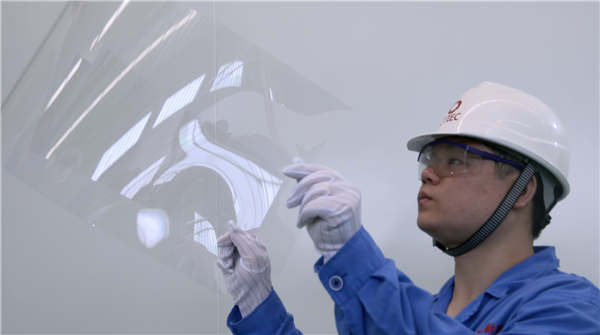
Explaining the rationale for the documentary, Shi says: "Some people think that China is making products to cater to others' needs, while the United States is creating new trends for others to follow. So, we now want to show the world that China is also reinventing itself."
Cheng Bushi, an 88-year-old aerospace engineer, says the documentary will help change some stereotypes.
Cheng, who is on the expert panel designing the C919, China's homegrown narrow-body passenger jetliner, says: "We used to nurture good students like docile sheep. But as people endeavor to boost creativity-which is part of human nature-we are getting more dynamic."
The documentary also provides a snapshot of how the country has changed as China gears up to mark the 40th anniversary of reform and opening-up.
One of the segments in the documentary is on Shenzhen, a metropolis in southern Guangdong province, which is probably the best reflection of the change.
Shenzhen grew from a small town near Hong Kong in 1978 to the third largest economy on the Chinese mainland last year, behind Shanghai and Beijing.
Stories of entrepreneurs from this city, including gene researchers, designers of robots and artificial intelligence engineers, are shown in the documentary.
The series also follows the entrepreneurs' journeys of achieving their goals while overcoming difficulties.
As for artificial intelligence, the documentary uses it to remember a deceased dubbing artist, according to Wang Tong, the sound producer of China Reinvents Itself.
The late Li Yi's voice was commonly heard in Chinese documentaries and he also contributed his voice to the Chinese version of many BBC documentaries.
Li, who died in 2013, was also famed for his Chinese dubbing for Squidward Tentacles in the American animated series SpongeBob SquarePants.
For the series, the producers worked with iFlyTech, an artificial intelligence company in Anhui province, to create Li's voice for the documentary.
It took three months to do the digital dubbing and postproduction, and the work was completed just two days before the premiere.
Speaking about the voice project, Wang says: "I think it is the best way to explain the phrase 'China reinvents itself'. And, it is also the best way to remember Li, my teacher."
According to Zhang Tongdao, a media professor at Beijing Normal University, China Reinvents Itself has done well to capture "facial expressions of this period".
Zhang adds: "The people, who help the advancement of society, give us new mindsets, and change our lifestyles, have the most representative facial expressions of our time. It's the duty of documentary producers to record them.
"It's not right for us to enjoy the convenience of technology, but forget how many difficulties are overcome by scientists.
"More productions like this should follow, to let the heroes be known to the public."


